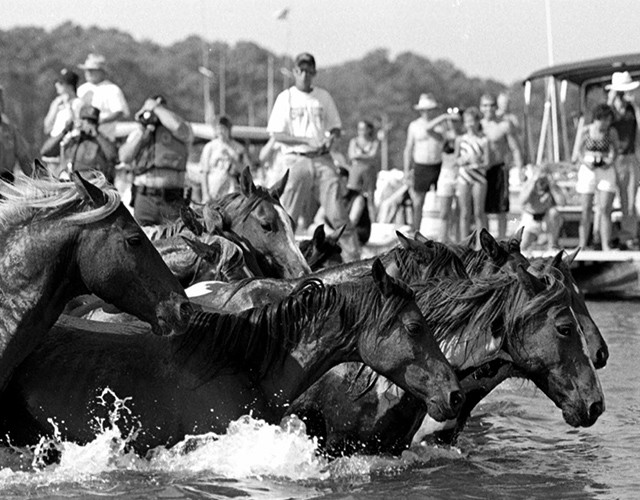The Not-So-Silly Season

In July 2015, the Mail Online published an article in the news section of their website about 100 wild ponies in Chincoteague, Virginia competing in a cross-channel swim. The piece itself was entertaining and the images aesthetically pleasing, nevertheless, this was not your typical news story – why? Silly season had begun.
‘Silly season’ is a term that originally described the shift in news stories as a result of parliament’s summer recess period in July and August. The season has since become a particularly popular time for brands to share their softer news stories and promote PR campaigns that avoid the more saturated times of the year such as April Fools’ Day and Christmas.
However, this year we appear to have an anomaly. In fact, when doing a similar search in the same month this year through the news sections of key national publications, although many of the news stories about BREXIT and Donald Trump may appear absurd, they are as hard as they come. As unexpected as it might have been, this ‘not-so silly-season’ has put PR teams and agencies to the test with campaigns being put on hold and urgent new strategies being developed. Whether it’s offering financial advice, developing industry insight comments, or monitoring consumer trends, brands and companies have had to get creative in the wake of the Brexit result.
There have also been many dark moments across the world over the past couple of months and the power of PR has been evident in the mass reactions from those who’ve felt the pain suffered by others. An example of this is the fundraising campaign that was created as a result of the devastating Jo Cox shooting, which raised almost £1.5m.
2016’s ‘not-so-silly season’ has proven how effective PR teams can be for reactive strategies, and how powerful the role of PR plays in times of despair.
By Sarah Sullivan